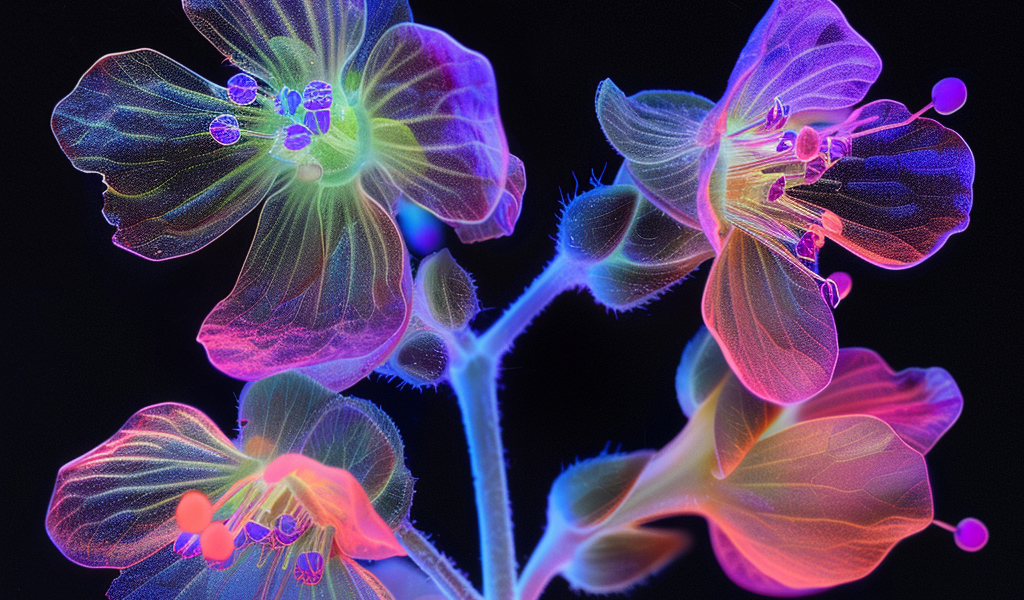A recent breakthrough in the field of genetics has shed light on a century-old mystery in the life sciences. A research team at Pohang University of Science and Technology (POSTECH) has made a significant discovery regarding the molecular mechanism responsible for crossover interference during meiosis, a crucial biological process at the chromosome level.
The team, led by Professor Kyuha Choi, along with Dr. Jaeil Kim and Ph.D. candidate Heejin Kim from the Department of Life Sciences at POSTECH, conducted a high-throughput genetic screening of meiotic crossover rate mutants in Arabidopsis thaliana. Their work has unveiled groundbreaking insights into the process of meiosis and crossover, which play pivotal roles in biodiversity and have significant implications in breeding for the selection and cultivation of superior traits in crops.
Their findings, published in Nature Plants on February 20, have the potential to revolutionize the field of genetics and agriculture. The ability to control the number of crossovers could lead to cultivating crops with specific desired traits, a task that has been challenging due to the phenomenon of crossover interference.
Crossover interference, identified by fruit fly geneticist Hermann J. Muller in 1916, has puzzled researchers for over a century. However, the recent research at POSTECH has provided a breakthrough in understanding this complex biological process.
The study utilized a fluorescent seed crossover measurement system to isolate hcr3 mutants and conducted genomic crossover maps, revealing a 2-fold increase in crossover in transgenic plants expressing the hcr3 allele compared to the wild type. The research also showed an increased number of HEI10 foci and reduced distance between HEI10 foci per bivalent, providing valuable insights into the control of HEI10 degradation-mediated crossover interference through the HCR3-HSP70 chaperone network.
The implications of this research are far-reaching, with potential applications in various fields, including agriculture, genetics, and biotechnology. The discovery of the molecular mechanism responsible for crossover interference during meiosis marks a significant milestone in the study of genetics and has the potential to revolutionize the way we understand and manipulate genetic diversity in plants and animals.





